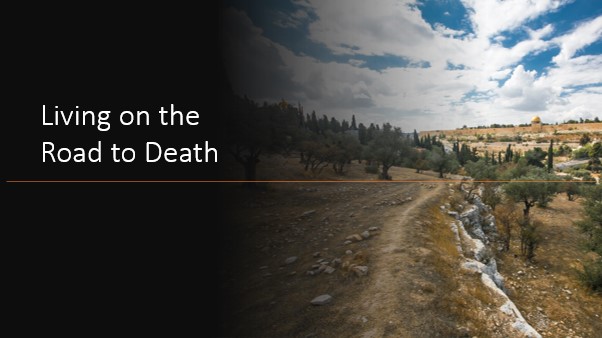This Sunday, the lectionary invites us to ponder Mark 9:30-37. The English Standard Version divides the passage into two portions. To the first, it supplies the heading, “Jesus Again Foretells Death, Resurrection’” and to the second, the heading, “Who Is the Greatest?”
Mark places the narratives after his account of the transfiguration of Jesus on a mountain. A transfiguration which was witnessed, at the decision of Jesus, by only three of the twelve members of his inner circle.
Only Peter, James, and John, were with Jesus on the mountain when, in the presence also of the prophets Elijah and Moses, he glowed radiant,
And a cloud overshadowed them, and a voice came out of the cloud, “This is my beloved Son; listen to him.” (Mark 9:7)
Mark also tells us what happened after Jesus and the threesome came down from the mountain. They walked into a commotion. There was a crowd, Jesus’ disciples, and Jewish scribes. They were arguing.
A father had brought his son to the disciples. He wanted them to cast out an evil spirit from him. The disciples had tried but failed.
Jesus cast it out. The disciples asked why they hadn’t been successful. He said, “This kind cannot be driven out by anything but prayer.”
That was a blow to them. They had acted as if they had power. They had failed to understand that they were merely channels of God’s power.
They became downcast. Because they had thought too highly of themselves. Because they had shown yet again that they were slow to understand.
They were on a journey which had begun in the north of Galilee. In the villages of Caesarea Philippi, as Mark tells us in 8:37. They had gone there to rest, after conducting many healings and exorcisms.
It was up there in the north that Jesus asked them to tell him whom people thought he was, and whom they thought he was. It was up there, that the disciples, through Peter, said Jesus was the Messiah.
The Messiah is the one whom the Jews believed their scriptures prophesied. They believed that the Messiah would be of the line of David; that he would defeat Israel’s enemies; that he would become king.
Jesus didn’t deny that he was the Messiah. After all he was a descendant of David. He had been born in Bethlehem, as the scriptures prophesied. And he, like John Baptist, had challenged the rulers of the day.
But Jesus told them, “to tell no one about him” (8:30).
Jesus then began to teach them about his upcoming death and resurrection, in Jerusalem. He spoke so plainly it was impossible to miss. Peter got it. And he tried to talk sense into Jesus. Jesus told Peter he was allowing himself to be an instrument of Satan.
In Mark’s gospel, that’s the first time Jesus spoke about what would happen to him in Jerusalem. About how he would be shamed. About how he would die. About how he would rise again.
He was so explicit that Peter got it instantly.
Yet, all the disciples didn’t understand. They didn’t get why Jesus kept referring to himself as Son of Man, never as Messiah. Jesus even referred to the cross when he spoke to a crowd. He said:
“If anyone would come after me, let him deny himself and take up his cross and follow me.” (8:34)
In our passage, Mark tells us Jesus gave another concentrated lesson about what was going to happen to him. Mark says Jesus repeated the lesson he had given after he had cast the demon out of the boy.
Yet, the disciples didn’t understand. Didn’t get it. They still thought Jesus would become king. They still thought they would be Jesus’ cabinet, his ministers, his government. They talked about who would be Prime Minister. Who would it be? Would it be Peter? James? John?
Jesus asked them what they had spoken about. They were shy to answer. Or they knew the answer would shame them. They didn’t answer.
Jesus revealed that he knew what they’d been thinking about, speaking about. He took a little child and brought it into their circle. He used the child to illustrate to them a principle he’d taught them before:
“If anyone would be first, he must be last of all and servant of all.” (8:35b)
He wasn’t pointing to the child’s innocence, or ignorance, or mischief. He was pointing to the child’s status. Jesus’ disciples should expect to be persons of low status. If society awards them high status, that’s a bonus, not something they should expect or seek.
Why? Because Jesus would accomplish his purpose by being killed in the way reserved for persons of the lowest status.
And that’s how the apostles also died. They died the death of servants, because they served without care for rank or privilege or prestige.
Because after Jesus was resurrected, they finally learned the lessons Jesus had taught them on the road to Jerusalem. They finally got it: a call to discipleship is a call to live life on the road to death.
As Pastor Dietrich Bonhoeffer, who was put to death by Hitler, put it, “When Christ calls a man, he bids him come and die.”
Do we get it?
Peace be with you.
To learn more about Rama, click here.



Pingback: They cast out demons using his name? – Bangsar Lutheran Church
Pingback: – Bangsar Lutheran Church